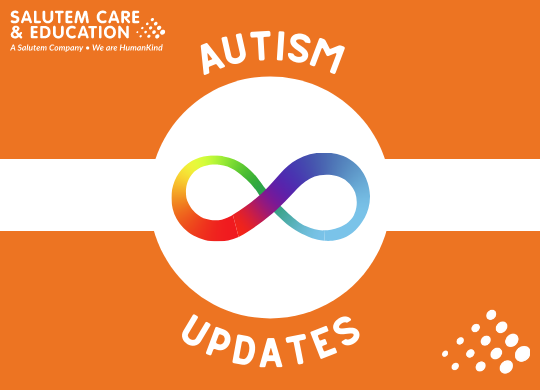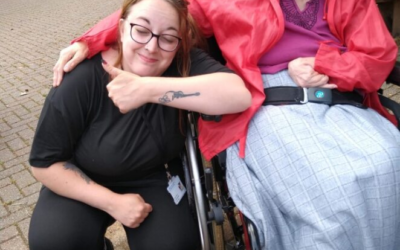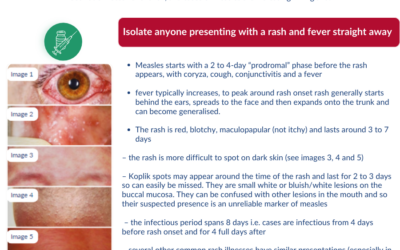Helen Jude – National Autism Lead:
“April is often regarded as autism acceptance month, however it’s not as simple as many people may think. Within the autism community, April has been debated for many years, some people believing that the amount of stress brought upon them by well-wishers is not worth the publicity the month brings. Others believe that April provides an opportunity to increase knowledge around autism, and some believe that autism pride is a better platform due to being led by autistic people.
The ownership and motivation seem to be a large part of the controversy in regards to autism awareness / acceptance month. This is due to the ‘Autism Light it up Blue’ campaign, which was created by Autism Speaks and later adopted by the National Autistic Society (NAS). Both organisations were created by family members of autistic people. Over the years, the NAS have increased their participation of autistic people within the organisation, recognising that experts by experience have a role in the development of the charity. However, Autism Speaks, formed by Bob Wright (previously the CEO of NBC) and his wife remain an area of contention within the autism community, due to their radical views. Due to his connections, he was able to share his understanding of autism widely. Many of the campaigns are seen by the autism community as harmful, therefore they often distance themselves from association with Autism Speaks. (For more information, click here) Although the puzzle piece logo did not originate from Autism Speaks, the association is often deemed negative, alongside a perception that this logo represented the need to solve a puzzle, to fix autism, the meaning behind the puzzle piece continues to be debated (https://www.learnfromautistics.com/the-problem-with-the-autism-puzzle-piece/). Many autistic people appear to prefer the infinity loop or Au sign (represents gold on the periodic table) as these are designed by autistic people to define how they experience autism. The infinity loop represents that autism is not a linear, that everyone is different and that all people are designed to co-exit. A rainbow infinity loop often refers to neurodiversity (therefore including diagnoses such as dyslexia, OCD or ADHD), where as a red or gold infinity loop is often seen to represent autism. It is often best to consider the person and use the imagery that they relate too.
Another area for debate is should the month focus on ‘autism acceptance’ or ‘autism awareness’, you may think these are just words and don’t matter, but that is simply not true for many autistic people. Awareness is often associated with taking action, finding a cure. (https://neuroclastic.com/acceptance-versus-awareness-a-brief-commentary-on-the-great-debate/). The autism community are seeking acceptance from society to be positive about the way autistic people experience the world and make the world more accepting of the differences within the human race. The neurodiversity movement believe that we need this difference to continue make the human race stronger – there is strength in difference and seeing a situation from a different view point often brings a different solution. Some people state that autistic people are disabled by the world around them, as the world is structured for neurotypicals (average brain). Autism acceptance, seeks for the world to change to encompass all, rather than just the majority of people.
Another area of contention regards the labelling of autism. Kenny et al. (2015) completed research surveying autistic people, family members and professionals to highlight what terminology was most appropriate. The research suggested that autistic people preferred identity first language, as they believe that autism is part of them and if you remove autism from the person, they would be different.
For example, Emily Volts stated:
“I think this is based in something I heard somewhere, but if you made my autism go away, you’d make me go away.”
– Emily Volz, rabbinical student and writer
However, many professionals and parents preferred person-first language, a person who has autism. This research has been replicated several times with similar results. The NAS, Department for Health and NICE all recognise the ownership of autism to the people who are the experts by experience therefore use identity first language.
This blog has simplified this debate; however, this is an introduction, it’s a start, something we can build on over the next few months and years as learning about autism is a life long commitment. I recall when I first started working as a manager in autism services and I had a conversation with Richard Mills (then the highly respected Head of Autism Research), who stated that no one knows everything about autism, each person is different and our knowledge will develop over time and grow. I suspect Richard was talking about a generic growth of information as autism research and personal accounts of autism seems to be released daily.
As a company, we have decided that autism is not just for April – autism is something we need to think about 365 days a year, we need to ensure that we are constantly learning and striving to know more. We are committed to improving our practices and will keep sharing the successes of the wonderful autistic people within Salutem and learning from our experiences. On our internal communications app, we’re sharing a weekly post, accumulating resources and improving our training practices. We are listening and building our practices based on the feedback from our stakeholders, best practice and national guidance. We would love to develop a Salutem Voices Autism Group, to enable actually autistic people to become involved in supporting our growth and understanding of autism.”
If you have any questions or would like to discuss autism further, please contact Helen, National Autism Lead, via email: Helen.Jude@salutemsharedservice.co.uk



